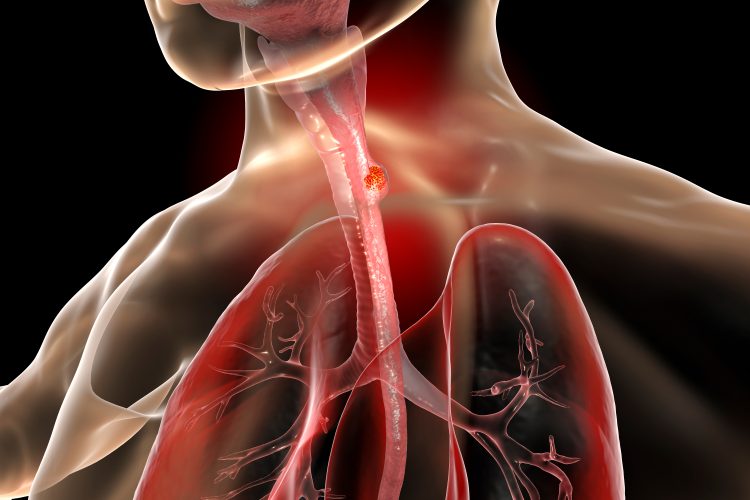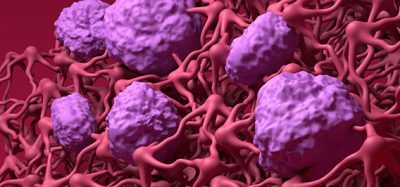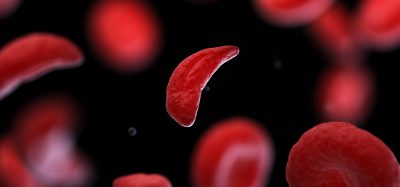Tract Bio identifies drug targets for oesophageal cancer
Posted: 26 March 2025 | Drug Target Review | No comments yet
Tract Bio’s new research reveals key insights into the evolution of oesophageal adenocarcinoma (EAC) and identifies promising drug combinations for more effective treatment.


Tract Bio, a biotechnology company dedicated to pioneering novel therapies for cancer and inflammatory diseases, has announced the publication of preclinical research in Gastroenterology. The study, titled “Evolution of Oesophageal Adenocarcinoma from Precursor Lesion Stem Cells”, reveals key insights into the progression of oesophageal adenocarcinoma (EAC) and potential therapeutic interventions.
Unlocking the evolution of EAC
EAC is a highly aggressive cancer that evolves through a series of precursor lesions, including Barrett’s oesophagus (BE), low-grade dysplasia (LGD), and high-grade dysplasia (HGD). The study employed Tract Bio’s proprietary stemECHO epithelial stem cell cloning technology to isolate regenerative stem cells from epithelial tissues. This innovative approach allowed researchers to track the genetic evolution of oesophageal adenocarcinoma (EAC) and identify key therapeutic targets.
The research revealed that each precursor lesion contains distinct populations of clonogenic cells, which could serve as potential therapeutic targets. DNA sequencing of these clones highlighted intralesional heterogeneity and the progression of clonal mutations in patients with BE, LGD, HGD, and EAC.
Moreover, high-throughput chemical screening of BE stem cells identified drug combinations effective not only against BE, but also LGD, HGD, and EAC. These discoveries led to the development of synthetic lethal drug combinations, which successfully targeted EAC and its precursors, both in vitro and in vivo, while promoting the health of normal oesophageal stem cells.
Expert perspectives
Dr Frank McKeon, Interim Chief Scientific Officer of Tract Bio, highlighted the significance of the study: “EAC, as with all metastatic cancers, is the result of an evolutionary process which is dominated by a succession of precursor lesions. In this study, our unique and proprietary epithelial stem cell cloning platform, stemECHO, allowed us to clone epithelial stem cells while preserving their genetic integrity, enabling the discovery of the underlying mechanism.”
By maintaining the genetic consistency of the cloned cells, the team were able to study disease mechanisms with precision, opening the door to new diagnostic tools and therapies.


Oesophageal adenocarcinoma (EAC) is an aggressive cancer that arises from precursor lesions in the oesophagus. Ongoing research into its evolution and the development of targeted therapies is driving progress toward potential new treatment options.
Richard Russell, Chief Executive Officer of Tract Bio, emphasised the therapeutic potential of these findings: “The clonogenic cells in each of the regenerative lesions described in this paper, BE, LGD, HGD and EAC, each display functional properties of stem cells. Given the role of stem cells of normal epithelia in the regenerative growth of these tissues, the lesional stem cells could represent important therapeutic targets within tumours.”
He continued, “Toward this end, our synthetic lethal strategies identified highly effective drug combinations against BE stem cells that showed similar efficacy against stem cells from each lesion in the progression to EAC and EAC itself.”
Future implications
As Tract Bio continues its research and development efforts, the potential for new clinical applications and breakthrough therapies in epithelial cancers remains highly promising.
This study was published in Gastroenterology.
Related topics
Drug Discovery, Drug Discovery Processes, Drug Targets, Oncology, Precision Medicine, Stem Cells
Related conditions
Cancer, Oesophageal cancer
Related organisations
Tract Bio
Related people
Frank McKeon, Richard Russell








